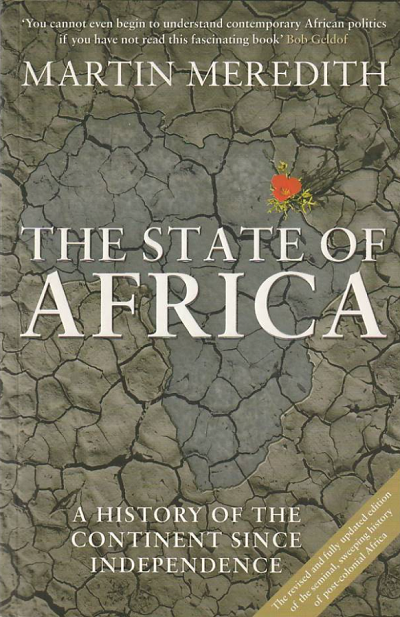Jon Miltimore talks about the economic disaster of Idi Amin’s Uganda after Amin and his predecessor decided to nationalize most big businesses in the country and then to print money to cover the government shortfalls in revenue that resulted:

Ugandan dictator Idi Amin at the United Nations, October 1975.
Detail of a photo by Bernard Gotfryd via Wikimedia Commons.
Idi Amin (1923-2003) was one of the most ruthless and oppressive dictators of the 20th Century.
Many will remember Amin from the 2006 movie The Last King of Scotland, a historical drama that netted Forest Whitaker an Academy Award for Best Actor for his depiction of the Ugandan president.
While Western media often mocked Amin, who ruled Uganda from 1971 to 1979, as a self-aggrandizing buffoon, they tended to overlook the atrocities he inflicted on his people. He murdered an estimated 300,000 Ugandans, many of them in brutal fashion. One such victim is believed to be Amin’s fourth wife, Kay, whose body was found decapitated and dismembered in a car trunk in 1974, shortly after the couple divorced.
While historians and journalists have tended to focus on Amin’s dismal record on human rights, his economic policies are atrocities in their own right and also deserve attention.
A Brief History of Uganda
Uganda, a landlocked country in the eastern part of Central Africa, received its independence from the United Kingdom on Oct. 9, 1962 (though Queen Elizabeth remained the official head of state). The nation’s earliest years were turbulent.
Uganda was ruled by Dr. Apollo Milton Obote — first as prime minister and then as president — until January 1971, when an upstart general who had served in the British Colonial Army, Idi Amin Dada Oumee, seized control and set himself up as a dictator. (The coup was launched before Amin, a lavish spender, could be arrested for misappropriation of army funds.)
Among Amin’s first moves as dictator was to complete the nationalization of businesses that had begun under his predecessor Obote, who had announced an order allowing the state to assume a 60 percent stake in the nation’s top industries and banks. Obote’s announcement, The New York Times reported at the time, had resulted in a surge of capital flight and “brought new investment to a virtual stand still”. But instead of reversing the order, Amin cemented and expanded it, announcing he was taking a 49 percent stake in 11 additional companies.
Amin was just getting started, however. The following year he issued an order expelling some 50,000 Indians with British passports from the country, which had a devastating economic impact on the country.
“‘These Ugandan ‘Asians’ were entrepreneurial, talented and hard-working people, skilled in business, and they formed the backbone of the economy,” Madsen Pirie, President of the UK’s Adam Smith Institute, wrote in an article on Amin’s expulsion order. “However, Idi Amin favoured people from his own ethnic background, and arbitrarily expelled them anyway, giving their property and businesses to his cronies, who promptly ran them into the ground through incompetence and mismanagement.”
Even as he was nationalizing private industry and expelling Ugandan Asians, Amin was busy rapidly expanding the country’s public sector.
The Ugandan economy was soon in shambles. Amin’s financial advisors were naturally frightened to share this news with Amin, but in his book Talk of the Devil: Encounters With Seven Dictators, journalist Riccardo Orizio says one finance minister did just that, informing Amin “the government coffers were empty”.
The response from Amin is telling.
“Why [do] you ministers always come nagging to President Amin?” he said. “You are stupid. If we have no money, the solution is very simple: you should print more money.”




